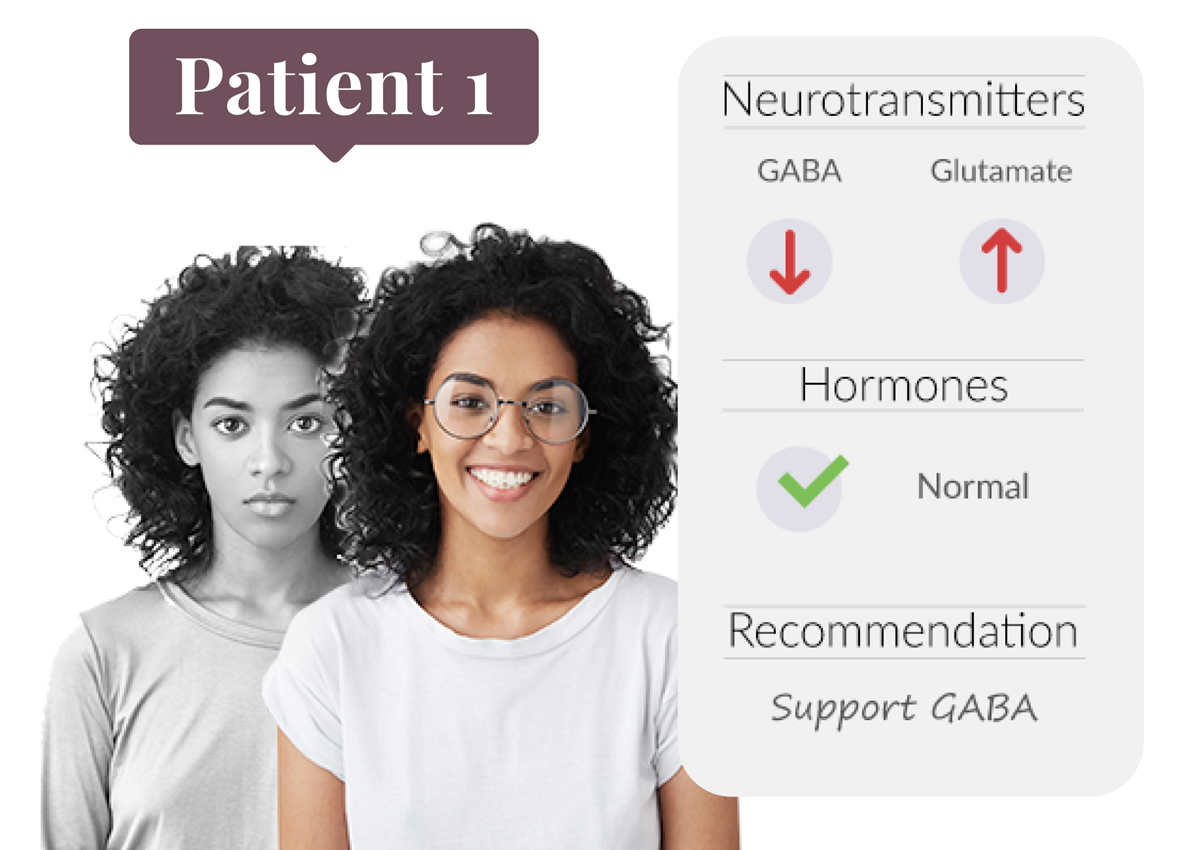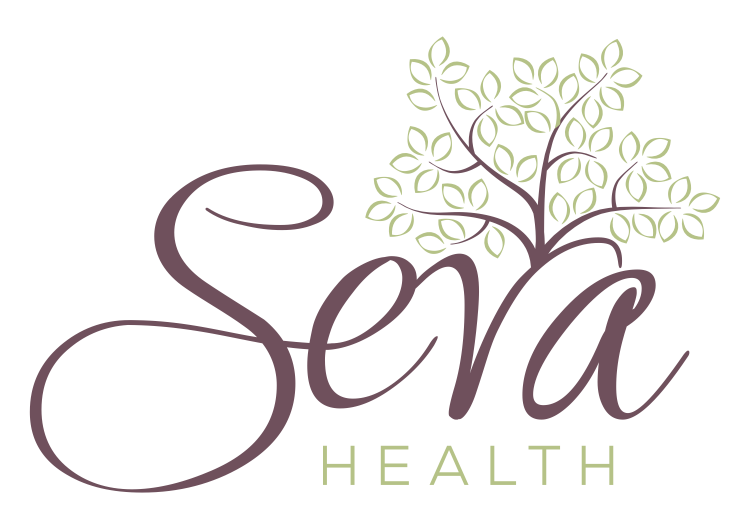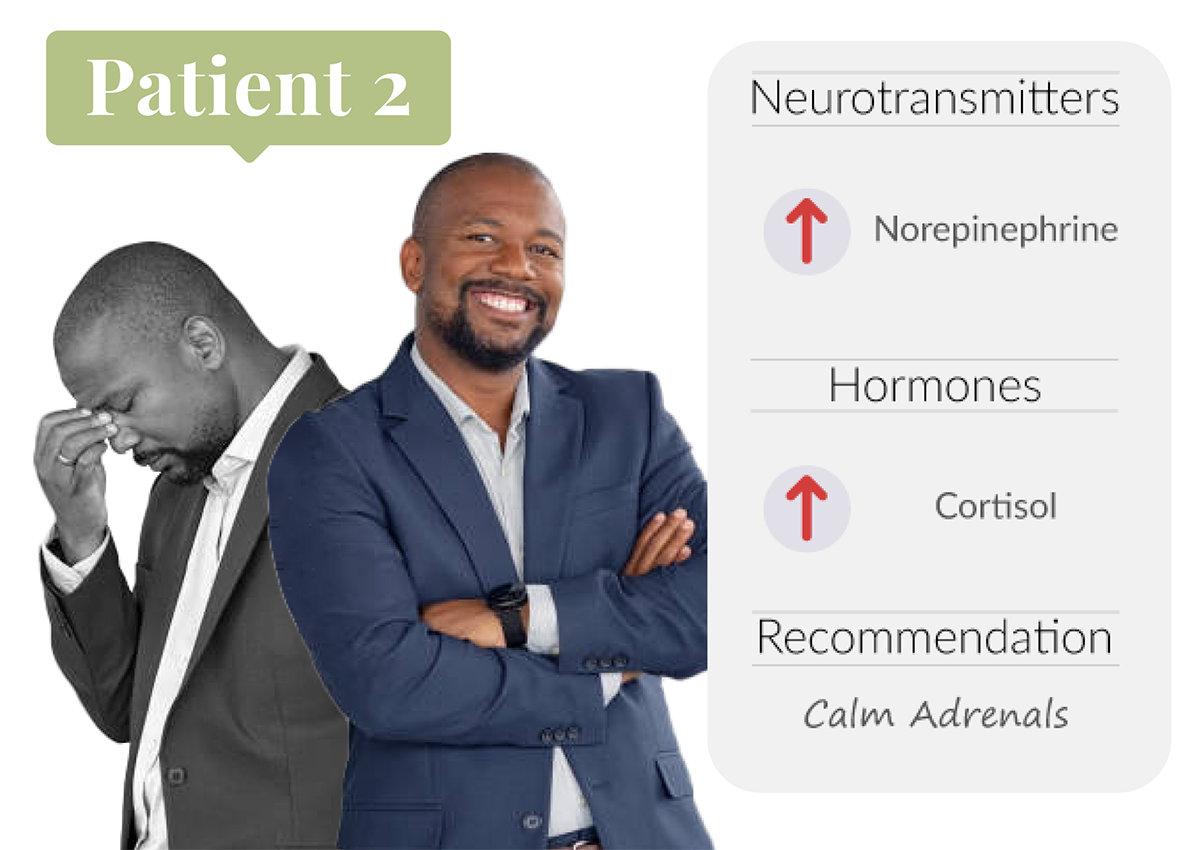
03 Jul Demystifying Dopamine: From Neuroscience to Pop Culture
|
Your weekly housecall filled with everything you need to know to live longer and live better—naturally. Missed an issue or want to forward to a friend? Find it all right here. Have you noticed that everybody’s talking about dopamine these days? Scroll through social media or chat with tech enthusiasts and you’ll encounter dopamine-related life hacks promising to transform your productivity and well-being. The headlines sound a little like this: Struggling to stay off your phone? Time for a dopamine detox! Feeling less joy in life? Consider dopamine fasting or a quick boost with dopamine salad dressing. This interest in hacking the brain has become widespread as fascination with controlling dopamine for better motivation and satisfaction grows. There’s a lot of bad science out there, so let’s set the record straight today.
The True NeuroscienceNeuroscientists emphasize that dopamine is not a straightforward pleasure chemical. Its main role is to create a sense of desire and motivation, driving us to seek rewards and learn from our environment. Studies have shown that while dopamine is involved in these processes, it doesn’t directly cause pleasure. Dopamine neurons respond to the expectation of a reward rather than the reward itself. The Real Role of DopamineContrary to popular belief, dopamine isn’t just the “pleasure molecule.” It plays a multifaceted role in the brain, influencing motivation, learning, and decision-making. Dopamine-producing neurons, though few, are powerful influencers, helping us weigh options and make decisions. Dopamine’s connection to pleasure is more about anticipation and motivation than actual enjoyment. For instance, research studies show that dopamine spikes in response to cues predicting rewards, not the rewards themselves.
The Myth of Dopamine HackingThe concept of dopamine hacking — the idea that we can optimize our dopamine systems for peak productivity and happiness — oversimplifies the brain’s complex chemistry. While there is some truth to the idea that dopamine influences our behavior, it’s just one piece of a bigger puzzle. Trends like dopamine fasting, which suggests taking breaks from stimulating activities to reset the brain, are essentially rebranded cognitive behavioral therapy. The term “dopamine” is often used more for its catchy appeal than its scientific accuracy. While neuroscientific research continues to uncover its intricate roles, it’s important to approach dopamine-related advice with a critical eye. Understanding the true nature of dopamine helps us appreciate the complexity of our brains and the challenges of optimizing human behavior. As we navigate the attention economy, seeking facts and understanding remains more effective than chasing simplistic solutions. At Seva Health we believe that nobody knows you better than YOU do. The body’s neuroendocrine system is complex, with multiple neurotransmitters and hormones affecting every aspect of human health. The NeuroWellness Program identifies imbalances behind many different clinical complaints, which can then be used to develop a personalized treatment plan that focuses on nutrition, lifestyle modifications and correcting critical nutrient deficiencies and hormonal imbalances.
No more bouncing between stress and burn-out. You can feel calm, balanced and in control of your health again. Our NeuroWellness program helps you change your life, not just your symptoms. Beginning with a comprehensive assessment and test kit sent to your home, you can finally get to the root why you’re having trouble focusing, feeling tired, sluggish, fatigued, overwhelmed or sleepless. The NeuroWellness Program analyzes neurotransmitter and hormone imbalances, provides personalized clinical data and offers a targeted nutrient-based, non-drug adjunct to your existing treatment. So what does that all mean? It means getting back to basics by understanding how your brain functions and giving it more of what it really needs with a seasoned professional by your side to guide you. Ready to Feel Better? Stop guessing. Let’s uncover the root cause for what you’re feeling to change your life, not just your symptoms. A new path to wellness is here!
Yours in good health, Angel
Fit & Functional Nutrition Corner
It’s sweet corn season! Corn is a nutrient-dense food containing many essential vitamins, minerals, and antioxidants. It is also a rich source of carbohydrates, fiber, vitamin B6, thiamine, and folate – all important for energy metabolism and red blood cell production.
What’s New in My Health ToolkitnutraMetrix® Neuro Focus™ is formulated with clinically supported ingredients for optimizing brain vitality. This formula was developed to support cognitive performance, the basis for good neurological health in a hyper-stimulated environment such as online video conferencing, graphics and desktop publishing, academics, gaming, and social media. Our daily grind requires us to constantly multi-task and organize details, even when they are changing fast. Today we are often trying to manage a technological environment requiring us to be mentally agile, and able to think and react just as fast as new information comes our way. nutraMetrix® Neuro Focus™ offers the functional ingredients often referred to as nootropics. Nootropics are ingredients that may help or support cognitive function in healthy adults; in particular, executive functions, memory, creativity, and motivation. nutraMetrix® Neuro Focus™ was formulated to help us with the mental agility and to get things done without mental exhaustion.
Benefits
Health Research + News You Can UseElevator or stairs? Your choice could boost longevity, study finds
At a time when less than half of adults in the U.S. get the recommended amount of exercise, there is new evidence that climbing stairs can reduce the risk of heart disease and help people live longer. A new meta-analysis presented at a European Society of Cardiology conference finds that people in the habit of climbing stairs had about a 39% lower likelihood of death from heart disease, compared to those who didn’t climb stairs. They also had a lower risk of heart attacks and strokes.
Shout out to community member, Raciel!
Raciel, we’re honored to have you as part of our community! We’re building a movement here so don’t forget to tag us on socials so we can shout out your amazing progress too!
We Want to Hear from You!What’s on your bookshelf? Found a great product that’s helping you live better? Please do share! Post a COMMENT below and we’ll be sure to include it in an upcoming copy of our newsletter. Let’s connect! |




No Comments